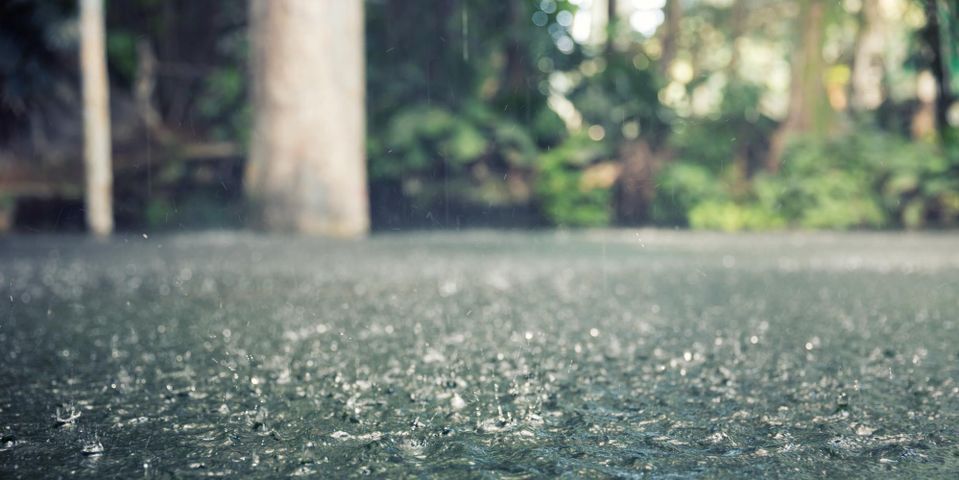How Does Rain Affect Septic Systems?

When you rely on a septic system, staying on top of septic cleaning and pumping are core parts of managing your waste water equipment. But what happens when heavy rains come in? Below are a few ways that precipitation may affect your setup.
What Does Rain Do to Septic Systems?
Heavy rainfall can lead to flooding in the drain field, the area of the septic system that filters wastewater from the tank into the soil and purifies it with microbes. When the drain field is too saturated, wastewater will have nowhere to go, leading to overflows and clogs in the tank, along with backups in drains, tubs, and toilets.
When drain fields are overflowing, you also run the risk of raw sewage mixing with groundwater. If there are bodies of water nearby, this excess contaminated water may flow into them, leading to toxic conditions for surrounding ecosystems.
How to Prevent Problems
 Prevention goes a long way in mitigating rainwater problems in a septic system. First, keep up with septic cleaning and pumping so that your tank is in the best shape possible at all times. In particular, staying on top of septic pumping ensures that the tank is not already too full in case rainwater does cause a backup.
Prevention goes a long way in mitigating rainwater problems in a septic system. First, keep up with septic cleaning and pumping so that your tank is in the best shape possible at all times. In particular, staying on top of septic pumping ensures that the tank is not already too full in case rainwater does cause a backup.
If you notice a backup during or after a storm, reduce usage to relieve some of the pressure on the septic system. Avoid unnecessary tasks like running dishwashers, starting washing machines, and even taking showers, if possible. Then, call a septic service professional as soon as you can so they can help restore the system.
If you need professional septic cleaning and pumping in Canyon Lake, TX, call Aerobic Services of South Texas. Their professional team brings more than 15 years of experience to every job. With the best equipment in the industry and a highly trained staff, you know your property is in good hands. For more on their sewer and septic cleaning options, call (830) 964-2365. Stop by their website for a closer look at their pumping services and portfolio.
About the Business
Have a question? Ask the experts!
Send your question

